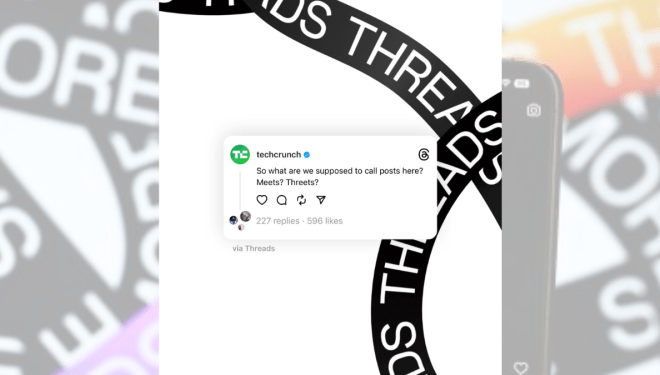
Google Now Allows Users to Access Accounts Using Passkeys Instead of Passwords
Today, Google announced that passkeys are now rolling out to Google Account users worldwide. This development marks a significant milestone in the journey towards frictionless passwordless logins across devices, operating systems, and browsers.
The Birth of Passkeys: A Partnership of Giants
It’s been nearly a year since Google, Apple, Microsoft, and the FIDO Alliance joined forces to make passwordless sign-ins a reality. While multifactor authentication mechanisms and password managers offer improved security over traditional username/password workflows, they are not without their limitations. An authentication code sent via SMS can be intercepted, for example, while using additional third-party password management software is often too much hassle.
How Passkeys Work
Passkeys synchronize user authentication across all devices through the cloud using cryptographic key pairs. This allows users to sign-in to websites and apps using the same biometrics or screen-lock PIN they use to unlock their device. As a result, it becomes significantly more difficult for malicious actors to access user accounts remotely, as physical access to the device is required.
A Long Time Coming
Google, Apple, and Microsoft have already supported FIDO’s passwordless sign-in standard. However, users were previously required to sign into each website or app on each device before using passkeys. The recent alliance has enabled these companies to implement the standard across their respective systems, including browsers (e.g., Edge, Safari, and Chrome) and operating systems (Android, MacOS, and Windows).
Passkey Support Across Devices
With this new implementation, users can access their Google Account on a Windows laptop using a passkey from their iPhone. Over the past year, the tech giants have been gradually rolling out support for passkeys, with Apple introducing support to iOS in September, PayPal enabling passkeys on iOS in October, and companies like Shopify, Kayak, and DocuSign also integrating support.
Google Passkeys Now Live
From today onwards, Google Account users can activate passkeys by logging into their accounts. This is entirely optional, as passwords and other existing multifactor authentication tools remain operational. Currently, passkeys are only compatible with personal accounts, but Google noted that Workspace administrators will have the option to enable this for their users soon.
The Future of Authentication
Passkeys represent a significant step forward in authentication technology. By using cryptographic key pairs and biometric data, users can enjoy seamless and secure passwordless logins across devices and platforms. As passkeys continue to roll out globally, it’s likely that we’ll see even more widespread adoption of this innovative technology.
About the Author
Paul Sawers is a senior writer based in London, covering UK and European startups as well as other subjects he’s passionate about, such as open-source software. He has over a decade of experience covering consumer and enterprise technologies for The Next Web (now owned by the Financial Times) and VentureBeat.
Related Stories
- Meta execs obsessed over beating OpenAI’s GPT-4 internally, court filings reveal
- TikTok users’ attempted migration to Chinese app RedNote isn’t going too well
- ChatGPT now lets you schedule reminders and recurring tasks
Stay Up-to-Date with TechCrunch
Subscribe to TechCrunch Daily News for the latest industry news every weekday and Sunday. Don’t miss out on our coverage of AI, startups, and security.
Google Passkeys: A Game-Changer in Authentication
What are passkeys?
Passkeys are a type of passwordless authentication that uses cryptographic key pairs to synchronize user authentication across devices through the cloud.
How do passkeys work?
Users can sign-in to websites and apps using the same biometrics or screen-lock PIN they use to unlock their device. This makes it significantly more difficult for malicious actors to access user accounts remotely, as physical access to the device is required.
Why are passkeys a game-changer in authentication?
Passkeys represent a significant step forward in authentication technology by providing seamless and secure passwordless logins across devices and platforms.
What’s next for passkeys?
As passkeys continue to roll out globally, it’s likely that we’ll see even more widespread adoption of this innovative technology.
Join the conversation
Share your thoughts on passkeys and their impact on authentication technology in the comments below.












